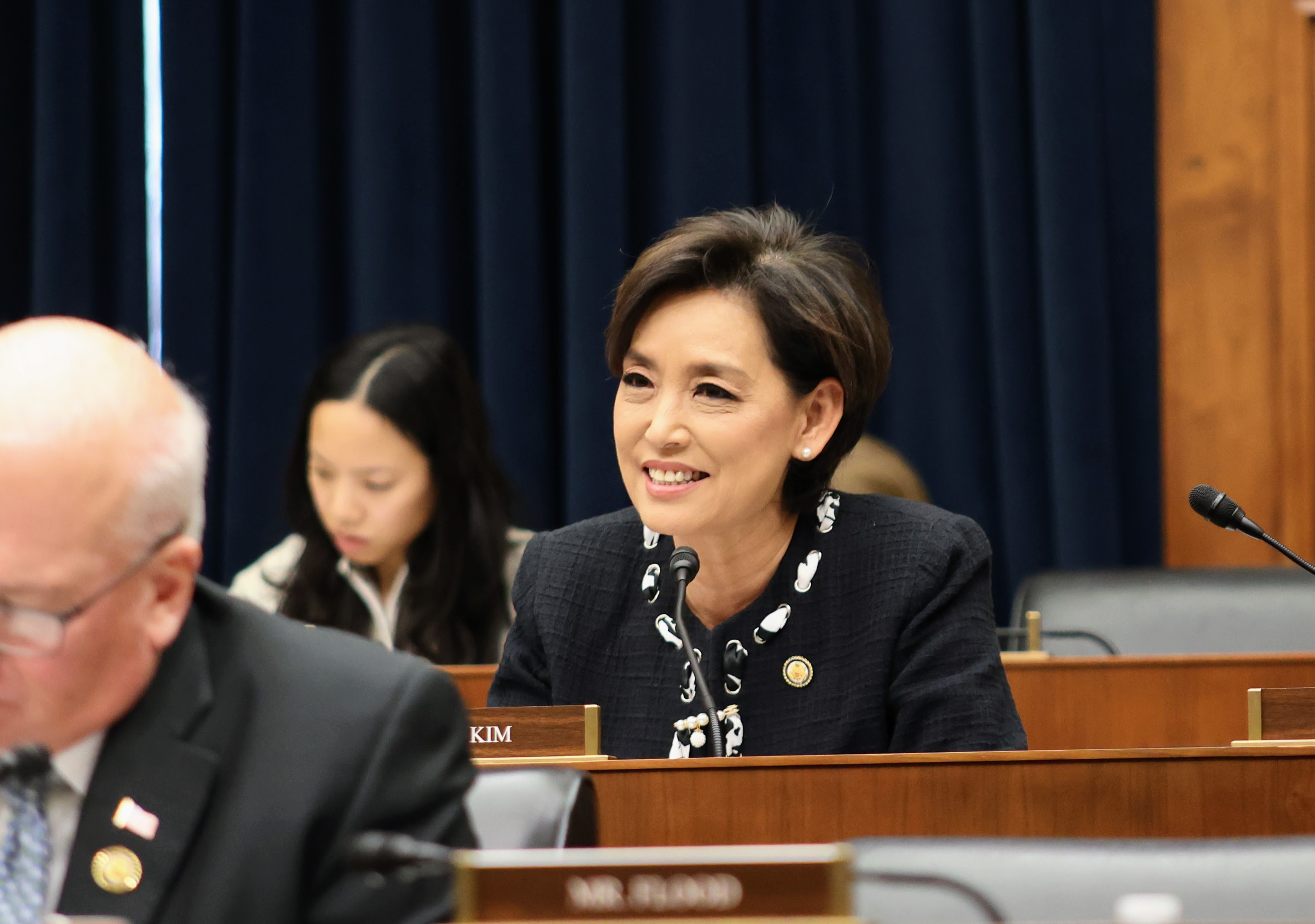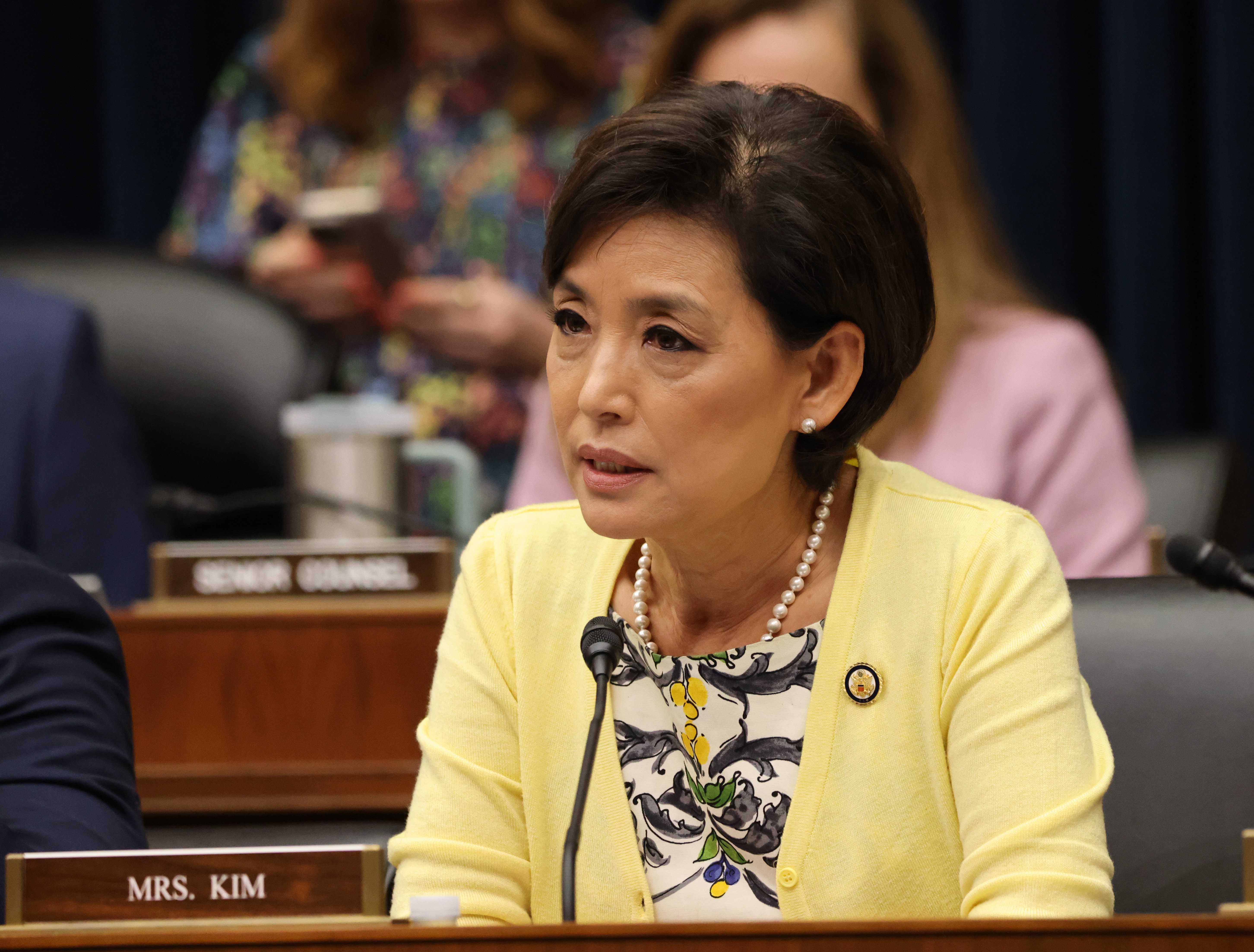Two congresswomen made a bipartisan call for companies to take action to comply with a newly operative U.S. law intended to block the import of goods made with Uyghur forced labor.
The remarks underscored Congressional concern over enforcement of a law that presumes goods with ties to Xinjiang, the home region of China’s Uyghur minority, have been made with forced labor. The law, which went into effect last month, gives U.S. Customs and Border Protection the power to stop their import.
Reps. Jennifer Wexton (D., Va.) and Young Kim (R., Calif.) on Friday said more needs to be done to stop the trade in goods whose production might involve human-rights violations, and expressed impatience with companies that say it is difficult to comply with the Uyghur Forced Labor Prevention Act.
“We shouldn’t feel sorry for them, that they have to re-examine their supply chains,” Rep. Wexton said. “It’s time for them to do it. We need to just make sure that we hold them accountable.”
The two legislators spoke at an event hosted by the U.S. Institute of Peace, a federal institution established by Congress in 1984.
Many businesses with supply chains linked to China have been closely following the early enforcement of the law, which is aimed at what U.S. Secretary of State Antony Blinken termed “crimes against humanity” unfolding there.
The Chinese government has criticized the law as being premised on “vicious lies” and has pressured companies based there not to cooperate.
This week, Chinese President Xi Jinping made a rare appearance in the region on a trip aimed at demonstrating national unity.
Both Congresswomen said more needs to be done to address the treatment of Uyghurs.
“A lot of U.S. companies have ignored…basic corporate responsibility to favor the profit margins,” Rep. Kim said. “Clean up your supply chains.”
Rep. Wexton added that the U.S. must crack down on what is known as supply-chain laundering, a practice in which suppliers can obfuscate the provenance of goods by involving a third country—for example, by weaving Xinjiang cotton into textiles in Indonesia.
Suzanne Richer, a trade expert who works as a senior executive at the supply-chain software company E2open LLC, said companies should be worried if they haven’t prepared to look deep into their supply chains. Informally, trade groups have begun hearing stories of large volumes of shipments being held up as U.S. Customs investigates their origin, she said.
The U.S. law isn’t, however, an absolute ban on the import of goods from Xinjiang, an important supplier of cotton and solar-panel ingredient polysilicon. Under the law, goods from the region are presumed to be made with forced labor, but companies can provide evidence to the contrary.
Companies and consultants are looking at ways they might overcome that legal hurdle, Ms. Richer said.
“Everyone’s looking for a strategy,” she said.



